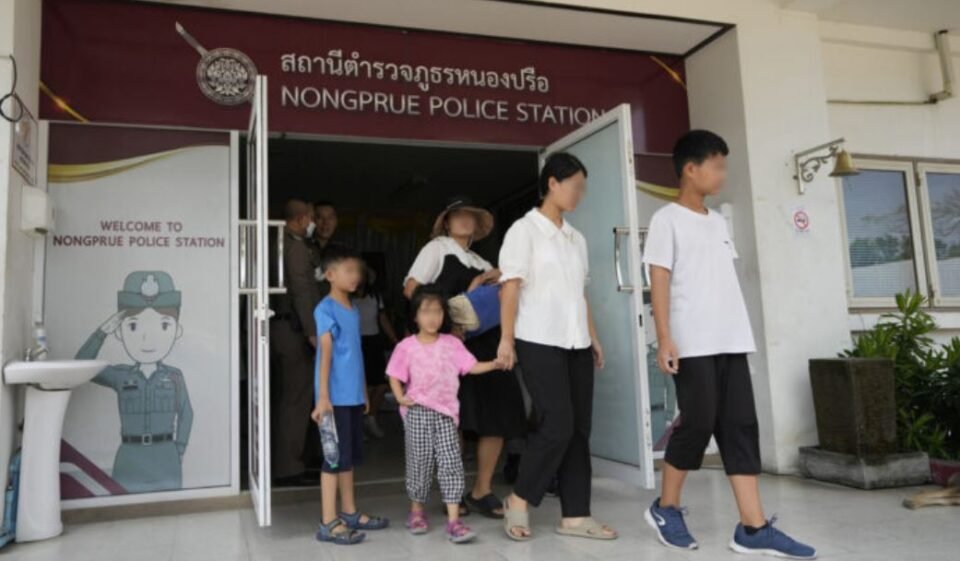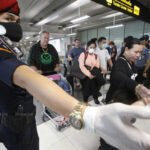A large number of Chinese citizens who fled China owing to persecution for their faith were detained last week in Pattaya for overstaying their visas, a frequent crackdown in Thailand that usually results in rapid deportation, but this case has gained significant international media attention.
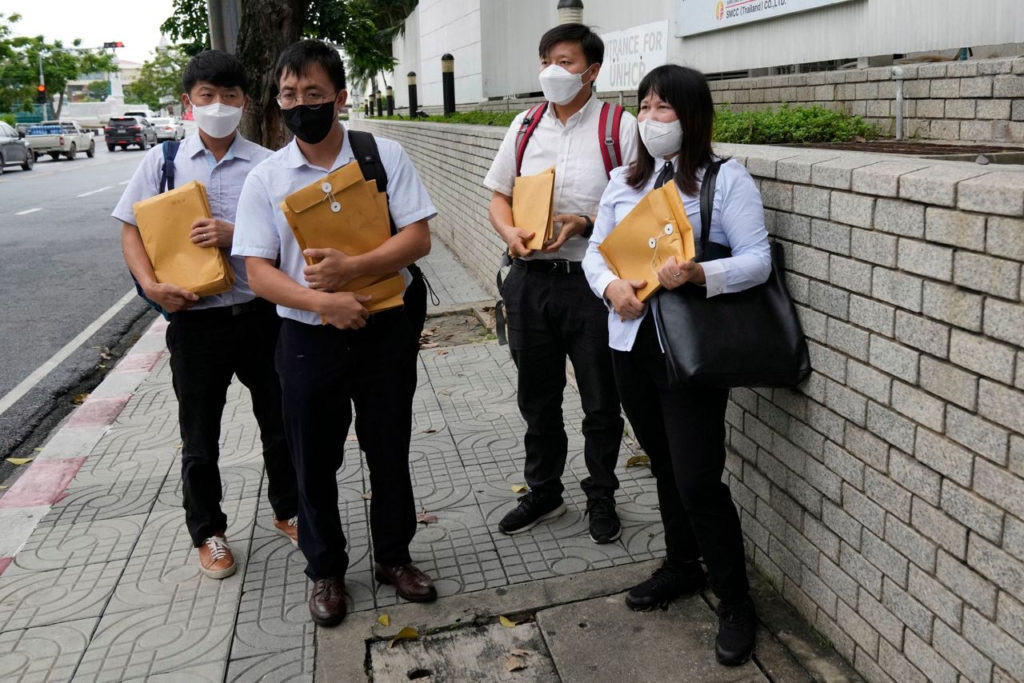
A total of 63 Chinese nationals, including 35 minors, were arrested in the Pattaya region on Thursday, March 30th, 2023, according to Chonburi Immigration, following a tip from a concerned resident. According to activists working on behalf of the jailed group, the informant was working with the Chinese authorities to bring the group back to China, where the huge number of Chinese Christians could face a variety of terrible repercussions.
The group is a part of the China Shenzen Holy Reformed Church, often known as the Mayflower Church in the United States and around the world. They escaped China in 2019 to avoid what they described as imminent persecution, first to South Korea, then later to Thailand in 2022 after reported political pressure from the Chinese government to repatriate them to China mounted and Korea refused to grant them asylum.
According to the group, there was intense political pressure behind the scenes to refuse their asylum claims. According to Col. Tawee Kutthalaeng, chief of the Nong Prue police station, all 63 members of the church are on overstay. But, according to Col. Tawee, the children have not been charged, and for the time being, the 28 adults paid a fine on Friday, March 31st, and have been freed under surveillance while Thai officials evaluate the next steps. Col. Tawee also tried to assuage activists’ and others’ fears that Thailand might deport the group to China, claiming that was not the goal.
Thailand does not have an agreement with the 1951 UN Refugee Convention, and attempted refugee cases frequently make the news in Thailand, with activist groups frequently attempting to pressure Thailand to not deport people to their home countries if they could face mistreatment, torture, or persecution for their beliefs despite not signing the convention. Yet, Thailand’s non-signatory status to UN treaties has advantages. Because Thailand is not a party to the refugee treaties, individual groups and agencies—rather than the government alone—can directly handle and assess refugee cases on an individual basis. This is also a major reason why refugees migrate to Thailand, as the procedures for being relocated abroad are frequently less burdensome.
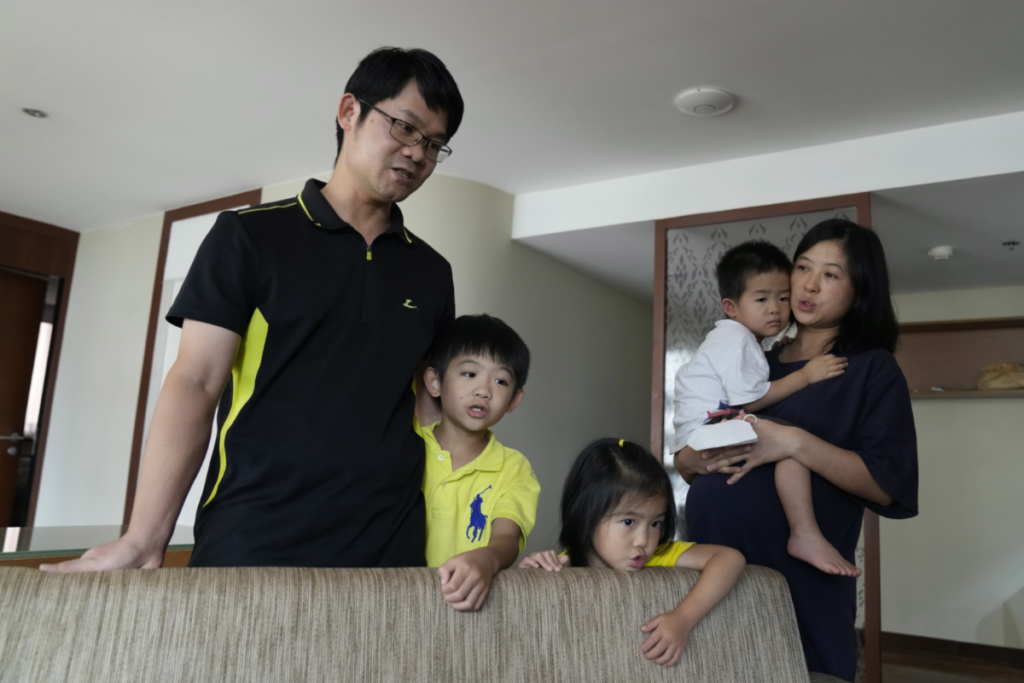
Deana Brown, an American and the founder of the Texas-based organization Freedom Seekers International, has been working directly with the group, hoping to obtain them passage to Tyler, Texas in the United States and assisting them in starting a new life.
Brown informed the press that the group respected Thai regulations and had no intention of causing trouble. But, due to a current limitation on Chinese nationals that requires them to first check with the Chinese embassy before any visa renewal, the group was unable to extend their visas. This additional step has been implemented as part of Thailand’s continuous crackdown on illicit Chinese grey companies and criminality for several months. According to Brown, the added step makes it difficult for the group to renew their visas because they would be imprisoned, deported, and possibly persecuted if they entered the Chinese consulate.
As of press time, the Chinese embassy had made no public statements about the matter.
Nury Turkel, head of the United States Commission on International Religious Freedom (USCIRF), expressed concerns about the group’s safety and warned that if they were deported to China, they would suffer severe punishment.
USCIRF, Freedom Seekers International, and several other organizations are actively working on a solution to transport the 63 Chinese Mayflower members to the United States while begging with Thai authorities not to deport the group to China.
For the time being, urgent work with Chinese Christians continues behind the scenes, as appropriate agencies and groups plan the next steps.
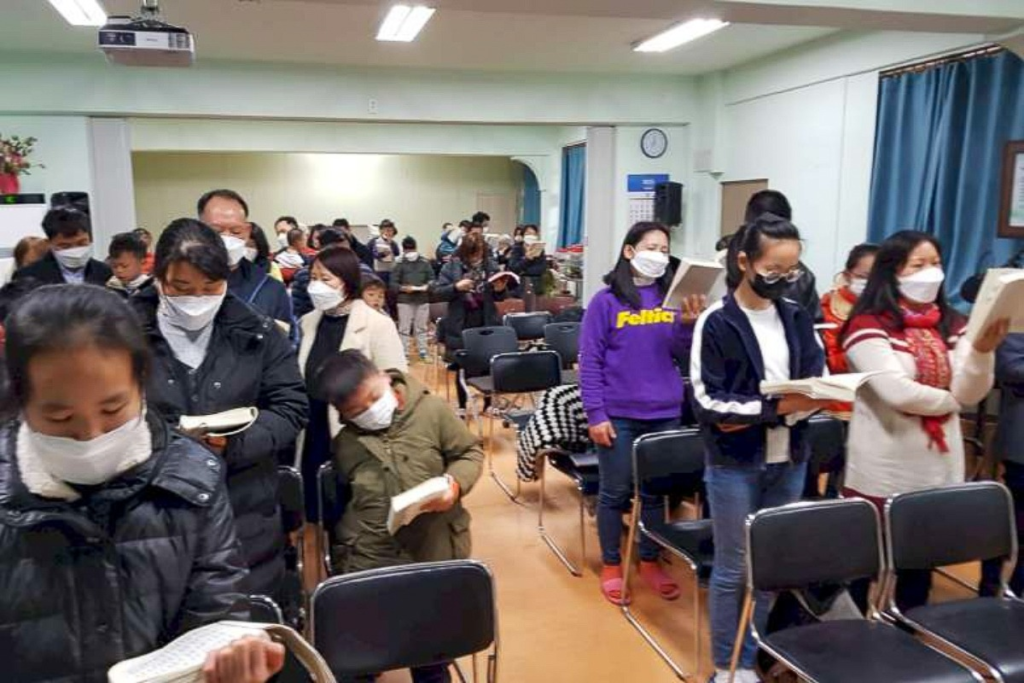
According to the Pattaya News, Christianity is not forbidden in China and has grown tremendously since the 1980s. Opponents, on the other hand, believe that it is strictly controlled by the Chinese government and that groups must be politically vetted and obey strict Chinese government guidelines that forbid deviating from any official messages or directions. The Mayflower group essentially escaped this central direction in order to exercise their freedom of religion and expression without government monitoring.
The stranded Chinese group has sparked significant international media attention in both America and China, with a wide range of diverse and passionate viewpoints on what should happen to the group.

